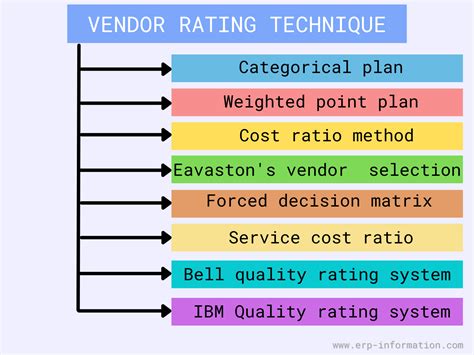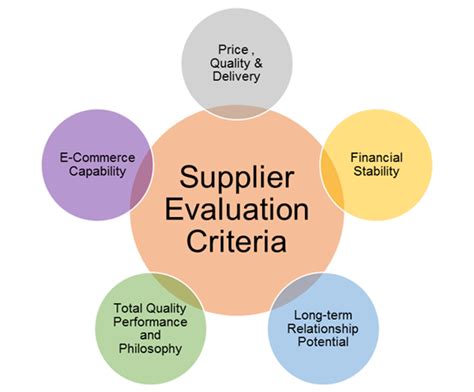are vendors required to tell you who their suppliers are ,four key criteria for suppliers,are vendors required to tell you who their suppliers are, Vendors and suppliers are two different distribution channels used in the supply chain process. Let's see how they differ. A supplier is a strictly B2B (business to business) entity that makes large quantities of a specific product, . Get the best deals on Miu Miu Shoulder Bag Black Bags & Handbags for Women when you shop the largest online selection at eBay.com. Free shipping on many items | Browse your favorite brands | affordable prices.Shop online for hand bags and shoulder bags, belt bags, clutches, bucket bags and backpacks from the latest Miu Miu Bags collection.

In today’s fast-paced and increasingly globalized business world, organizations of all sizes are realizing the importance of building strategic, dynamic relationships with their suppliers. These relationships are no longer viewed as transactional, but rather as long-term partnerships built on trust, collaboration, and a mutual desire for success.
One of the common questions organizations often face when working with vendors is whether vendors are required to disclose their suppliers. This question is not only about transparency but also about risk management, quality assurance, and ultimately, the integrity of the product or service you are receiving. In this article, we will explore how to determine who your suppliers are, how to ask your vendor about their suppliers, how to evaluate suppliers, and what to consider when selecting the right supplier for your business needs. Additionally, we will discuss some key vendor interview questions, supplier evaluation criteria, and other best practices for fostering solid vendor relationships.
Understanding the Vendor-Supplier Relationship
Before we dive into the specifics of vendor transparency and supplier relationships, it’s important to first understand the roles that vendors and suppliers play in the supply chain.
- Vendors are the entities that provide goods or services directly to a business. A vendor could be a manufacturer, wholesaler, or even a service provider. Vendors often serve as a middle layer between the source of the product or service and the end-user.
- Suppliers, on the other hand, are the entities that provide raw materials, components, or products to vendors, who then provide them to businesses or customers. Suppliers are critical to ensuring that the quality and availability of the products or services remain consistent.
For businesses, having a solid understanding of who the suppliers are behind your vendors is essential. This knowledge allows you to better assess risk, ensure the quality of your products or services, and maintain transparency in the supply chain.
How to Know a Supplier
Knowing who your vendor’s suppliers are can offer several advantages, including a deeper understanding of the origins of the products and materials you are receiving. By understanding the full supply chain, you can better identify potential vulnerabilities, risks, or opportunities for improvement.
There are several ways to gain insight into the suppliers of your vendors:
1. Request Transparency: The most direct method is to ask your vendor for information about their suppliers. While vendors may not always be legally required to disclose this information, it is often in their best interest to do so in order to foster a relationship of trust and collaboration.
2. Conduct Supplier Audits: Some companies choose to perform supplier audits to ensure that their vendors’ suppliers adhere to certain quality, environmental, and ethical standards. These audits can provide a clearer picture of who is involved in the supply chain.
3. Review Vendor Contracts: Vendor contracts may include clauses related to supplier relationships, especially in industries that require strict compliance with regulations or certifications. Review the contracts carefully to understand the terms of the vendor-supplier relationships.
4. Leverage Industry Networks: Many businesses are part of broader industry networks and consortiums. These groups often share information about suppliers and vendors, and can be an excellent resource for understanding supply chain dynamics.
5. Supply Chain Mapping Tools: Technology can play a major role in uncovering the full supplier landscape. Supply chain mapping tools and software help businesses track and visualize the flow of goods and materials from suppliers to vendors, to your business.
How to Ask a Vendor About Their Suppliers
Asking your vendor about their suppliers may feel uncomfortable, but it is a critical step in establishing transparency and trust. Here are some tips for asking your vendor about their suppliers:
1. Be Clear and Specific
Make sure to clearly articulate why you are asking for this information. It’s helpful to frame the request in terms of mutual benefit—emphasize that you want to ensure the quality, safety, and sustainability of the products or services that your organization is receiving.
Example:
_"To ensure we are meeting our internal standards for quality, sustainability, and compliance, could you provide us with the names of the suppliers who provide the raw materials or components used in our products?"_
2. Request a Formal Response
It’s important to ask for a formal, written response. This ensures clarity, prevents misunderstandings, and can serve as documentation in case you need to refer back to it later.
3. Be Prepared for Pushback
Vendors may not always be forthcoming about disclosing supplier information. They may consider this proprietary information or feel uncomfortable sharing it. If this happens, try to understand the reasons for their reluctance. You may need to negotiate a level of disclosure that satisfies both parties.

are vendors required to tell you who their suppliers are $397.50
are vendors required to tell you who their suppliers are - four key criteria for suppliers